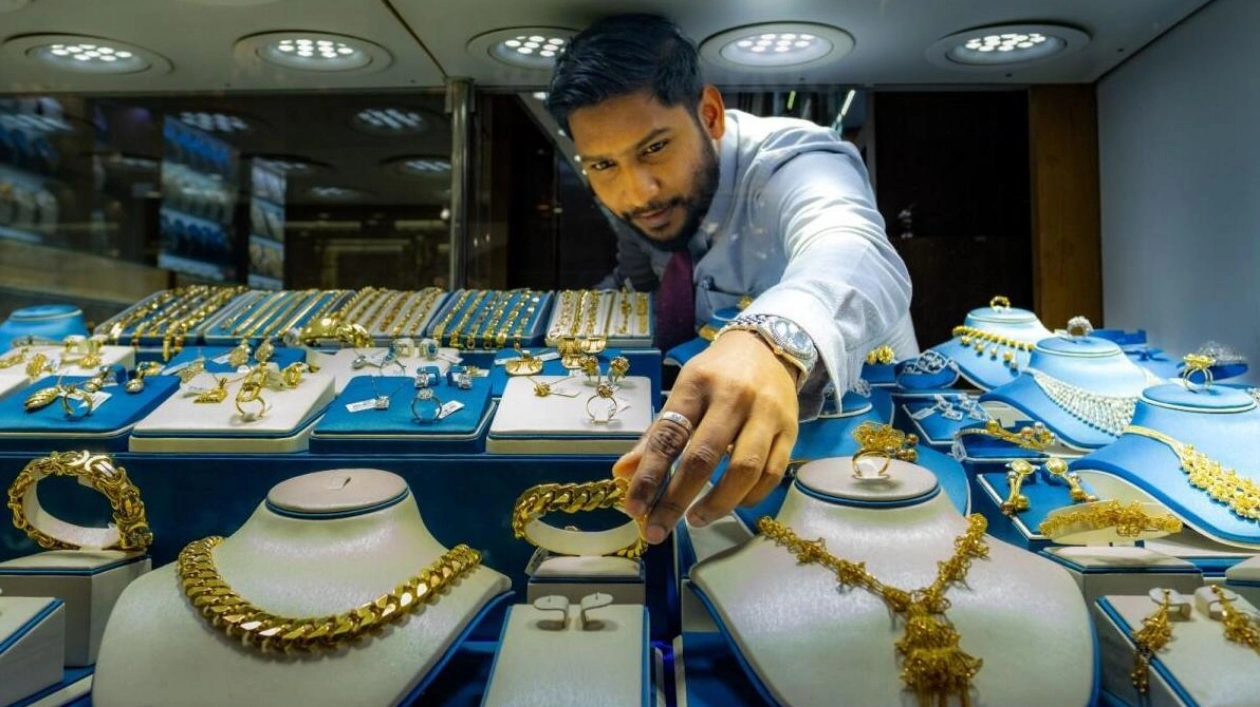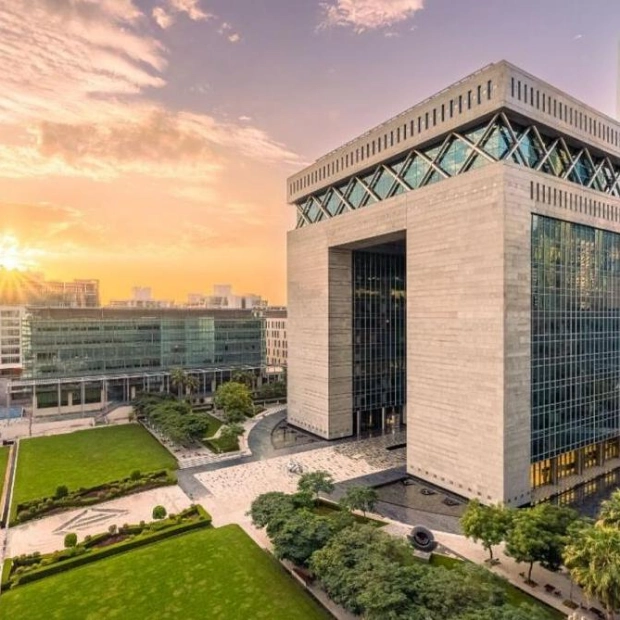Gold prices in the UAE may exceed Dh310 per gram in the near future if geopolitical volatility worsens and uncertainty persists about the US Federal Reserve's decision on interest rate cuts, according to analysts.
Investors have been cautioned to approach the situation carefully after the price of the yellow metal almost reached a record high recently.
In the UAE, the 24K variant of gold was trading at Dh292.75 per gram, while 22K, 21K, and 18K were trading at Dh271.25, Dh262.5, and Dh225.0 per gram, respectively, on Tuesday evening.
Spot gold was trading at $2,428.05 per ounce, slightly higher than Tuesday afternoon. Prices had nearly reached $2,450 in the previous session.
Shadi Mashkok, CEO of Grand Capital, Fibonacci, predicts that once gold reaches $2,433 per ounce, its next level will be $2,500. He anticipates that gold could reach $2,950 due to global economic concerns, leading people to seek safe assets like gold.
This suggests that the 24K variant of gold could exceed Dh310 per ounce in the near future due to excessive geopolitical volatility.
Mashkok also believes that BRICS nations could introduce a new currency, prompting many investors to shift their assets from the US dollar. This, in turn, would weaken the dollar and strengthen gold.
Shadi Salloum, regional director for Mena at XS.com, noted that gold and bitcoin have been the main drivers of the market since the beginning of the year. Gold has risen sharply from $2,200 to $2,450, driven by demand and central bank purchases.
He expects gold to trade in the range of $2,391 to $2,450 over the next couple of weeks and suggests that it could even reach $3,000 if there are unusual geopolitical events or unexpected moves from the US Federal Reserve.
Salloum advises investors to proceed cautiously in the market, emphasizing the sensitivity of gold and the importance of stable trading. He also warns against excessive leverage and encourages a careful approach given the current global situation.
Swiss bank Julius Baer highlighted the shift in gold demand, indicating that Chinese investors, particularly the People's Bank of China, have become significant buyers with a greater willingness to pay, driven by political rather than economic motivations.






